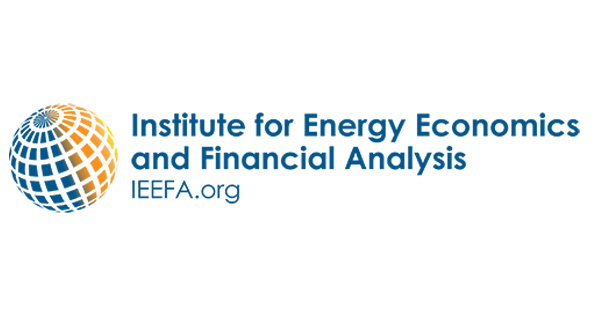Part 2 of 2 Parts (Please read Part 1 first)
The Institute for Energy Economics and Financial Analysis is based in Lakewood, Ohio. It is not an official party in the proceedings regarding the Vogtle project. Its new report was not prepared for any organization that is directly participating in the Vogtle project.
GP’s customers have already had to pay more than three and a half billion dollars for the two new nuclear power reactors being constructed at Vogtle through a rider on their electric bills which is intended to cover financing charges according to the Institute’s report.
Jeff Wilson is a GP spokesperson. He said, “Our new Vogtle units will be clean energy sources and produce zero air pollution. That’s why we remain fully committed to getting the job done, and getting it done right, with safety and quality our top priority.” He minimized the impact of the Vogtle construction on customers’ rates.
The two new nuclear power reactors being constructed at the Vogtle plant were scheduled to be connected to the grid in 2016 and 2017. GP now estimates that commercial operation of the new reactors will not begin until 2022 and 2023 according to the Institute’s report. They will be the first new commercial nuclear power units in the U.S. in the last three decades.
The Institute’s report quoted a GPSC hearing last December at which Don Grace, an independent monitor of the project told the GPSC that GP had on more than one occasion presented low forecasts as a way to “try and continue to justify the project.” He added that developing the Vogtle was like trying to drive “uphill in the snow. And the wheels are turning. Money is being spent and you’re trying to get to the goal of getting to the top of the hill. But in some cases you’re making slow progress, but not at the rate you expected. And in some cases, you’re actually slipping backwards somewhat.”
Wilson disagreed with Grace. He said, “Throughout the open and transparent construction monitoring public process with the Georgia Public Service Commission, we have always provided the latest, most up-to-date information regarding our projected costs and estimated time for when the new nuclear units are expected to go into operation.”
The problems at Vogtle are coming at a time when the nuclear industry and the federal government are exploring a new generation of smaller nuclear power plants that are being promoted as safer, more flexible and less expensive, as well as part of a response to the climate crisis.
Nuclear power generates electricity without the direct combustion of fossil fuels which release greenhouse gases. Vogtle is part of Southern Company’s plans to reduce their carbon dioxide emissions. The company has pledged to transition to net-zero carbon emissions by 2050.
When the Plant Vogtle’s two new nuclear power plants are eventually connected to the grid, they will reduce the company’s carbon dioxide emissions, Schlissel acknowledged. He added, “But there are cheaper ways to get electricity in place of fossil fuels, such as renewables and battery storage.”
